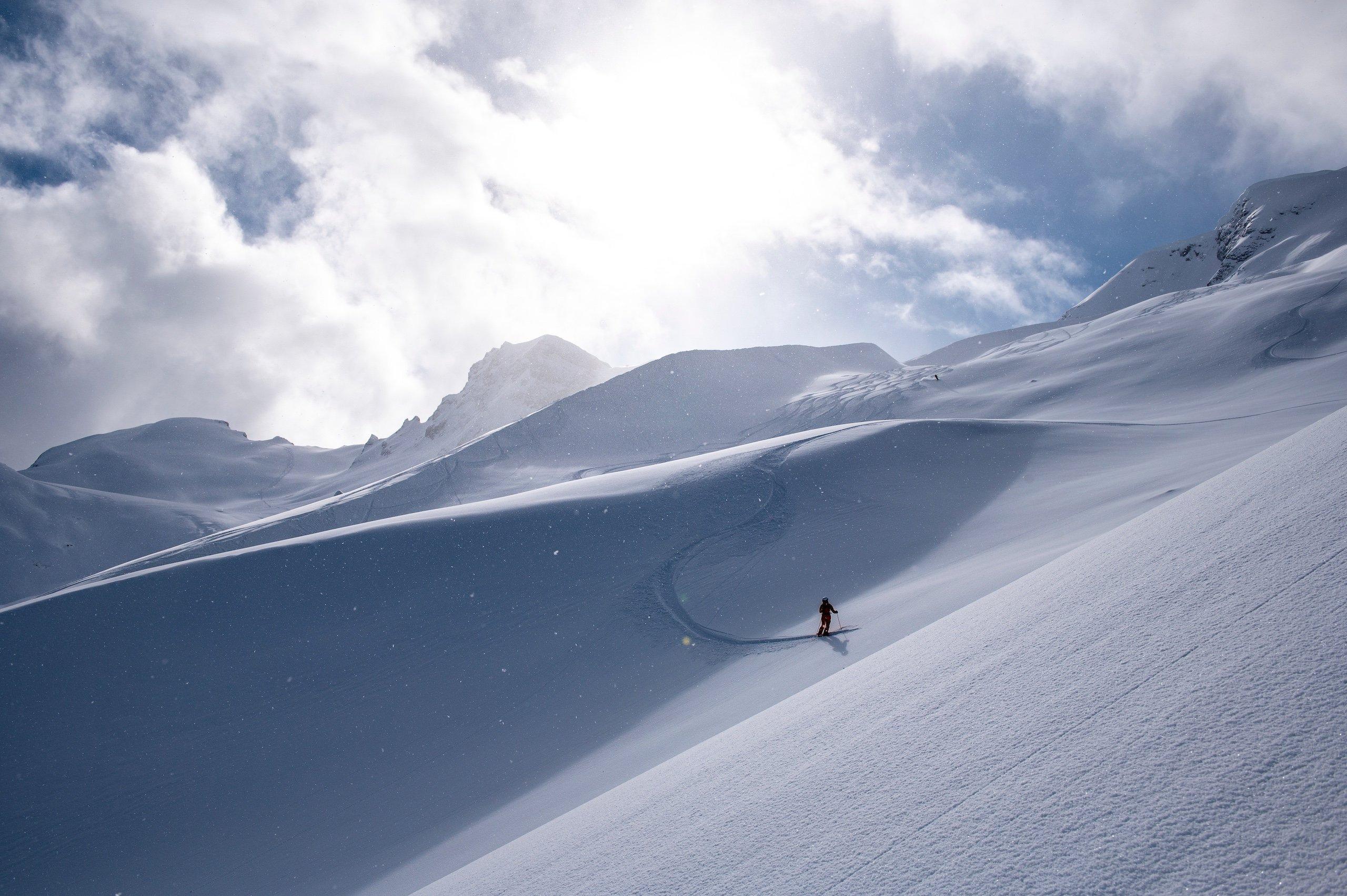
#MountainsMatter: International Mountain Day
The United Nations (UN) has determined that mountains cover 27 per cent of the earth’s land surface and are home to 15 percent of the world’s population! That is not insignificant. In fact, that’s substantial! These majestic mountains also provide fresh water for half of humanity. What does this mean? Well, if we’re being blunt, it means mountain conservation is key for sustainable development.
With the floods and fires in our home province of British Columbia, and across the globe, it’s not news that the mountains are also under threat from climate change. Rising temperatures mean glaciers are melting faster than ever, which affects freshwater supplies. All of these facts point us in one direction: to raise awareness of the devastating impact on our mighty mountains – the place that shelters communities, provides habitat for many animals, and is home to forests that give us the very air in our lungs.
December 11th is International Mountain Day, a day set in place by the UN to raise awareness for mountain communities worldwide. This year’s International Mountain Day theme is sustainable mountain tourism – a concept that has shaped our core values since day one. As individuals that live and work in the mountains, it’s something we’re beyond passionate about and want to share with our community.
Sustainable Mountain Tourism
The UN World Tourism Organization defines sustainable mountain tourism as a type of “tourism activity which takes place in a defined and limited geographical space such as hills or mountains with distinctive characteristics and attributes that are inherent to a specific landscape, topography, climate, biodiversity (flora and fauna) and local community. It encompasses a broad range of outdoor leisure and sports activities.”
For us, this means offsetting our carbon emissions, preserving the land we work on, partnering with local First Nations communities, supporting vulnerable mountain communities affected by the pandemic and ensuring the safety of wildlife that surrounds us. After all, mountain tourism attracts over 15 per cent of global tourism, so we need to work together to minimize our environmental footprint.
Bella Coola Mountain Ranges
We’re located in Bella Coola, only a 70-minute flight north of Vancouver, and the terrain we call home is the unparalleled beauty of the Coast Mountains, near Tweedsmuir Provincial Park. Our guests have access to over 3,550,000 acres of pristine wilderness and we vow – every day – to maintain its sanctity. Not only do we have the Coast Mountains in our backyard, but we back onto the Great Bear Rainforest, the largest temperate rainforest in the world. Near us, the Bella Coola River forms the boundary between the Kitimat Ranges to the north and the Pacific Ranges to the south. These are two of the three major subdivisions of the Coast Mountains – the other is the Boundary Ranges bordering Alaska.
Everyone on the Bella Coola Heli Sports / Tweedsmuir Park Lodge team loves to ski, snowboard or hike; it’s more than an industry and a business. Our lives revolve around the mountains. And it’s a passion and a lifestyle that we love to share with guests from around the world. That means protecting our majestic mountains. That also means creating a world we can share with future generations.
Climate Positive Heli-Ski Operation
Our journey towards carbon neutrality was inspired by others and we, in turn, hope to inspire our colleagues in the heli-ski industry and beyond to follow suit. To achieve that goal, we committed to going the extra mile and are offsetting 110 per cent of the carbon that we produce, making Bella Coola Heli Sports not only carbon neutral but the first climate-positive heliski operator in the world.
Our CEO and co-owner, Beat Steiner, recognized the need to perform a deep-dive audit of the company’s carbon output – from the helicopters we operate to our employees’ daily commutes. So we did! We now more effectively reduce emissions wherever possible and have committed to purchasing offsets for the carbon we do produce. The offsets we purchase are through Offsetters for a project in the Great Bear Rainforest. This project helps preserve vulnerable pockets of BC’s old-growth forests in the very land and environment that has attracted visitors worldwide since the company was founded in 2003. This project also supports local First Nations and educational platforms that encourage others to learn and take action against climate change.
We are firm believers in the saying ‘practice what you preach’ and are invested in creating and implementing more sustainable mountain practices across all areas of the organization. We are proud supporters of wildlife research and conservation networks, such as The Brown Bear Research Network (BearID), the Pacific Salmon Foundation, and continue to work closely with the Ministry of Environment & BC Parks to monitor wildlife in our area. We also work very closely with the local community on many projects. Two of our wilderness lodges are even off the main grid and have their own hydropower generation!
With COP26 recently coming to a close, leaders around the world have noted, “We [as a society] still have mountains to climb.” Truthfully, there will be no mountains to climb if we don’t begin counteracting the harm that’s already been done, collectively. It’s our goal to be leaders in the industry in adopting sustainable technologies, securing us a brighter future. We urge our tourism partners to begin their climate action plan today. #MountainsMatter.
For more information on what we do for the community and the environment, visit our sustainability page.
Subscribe & Elevate your inbox
Knowledge is pow(d)er.